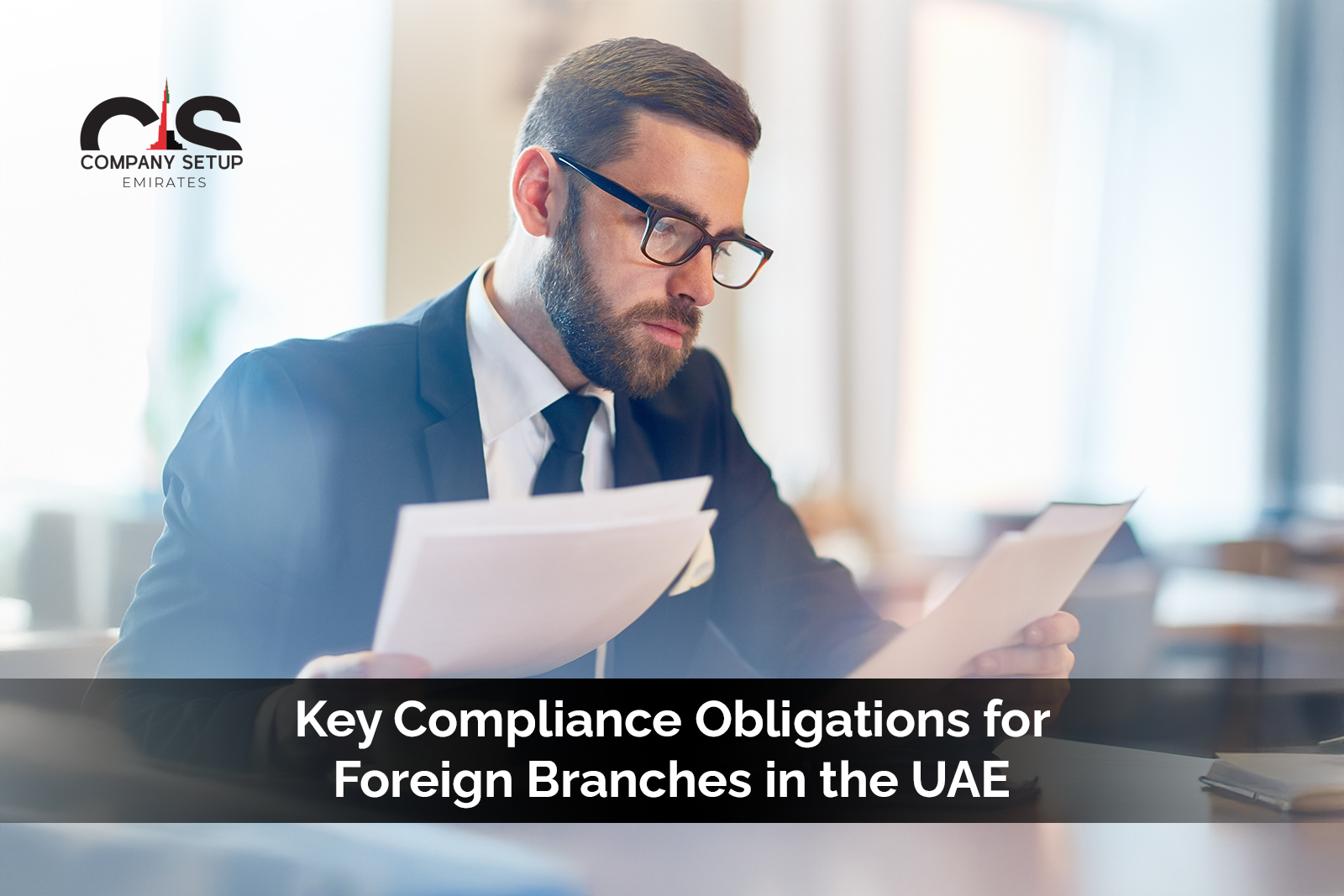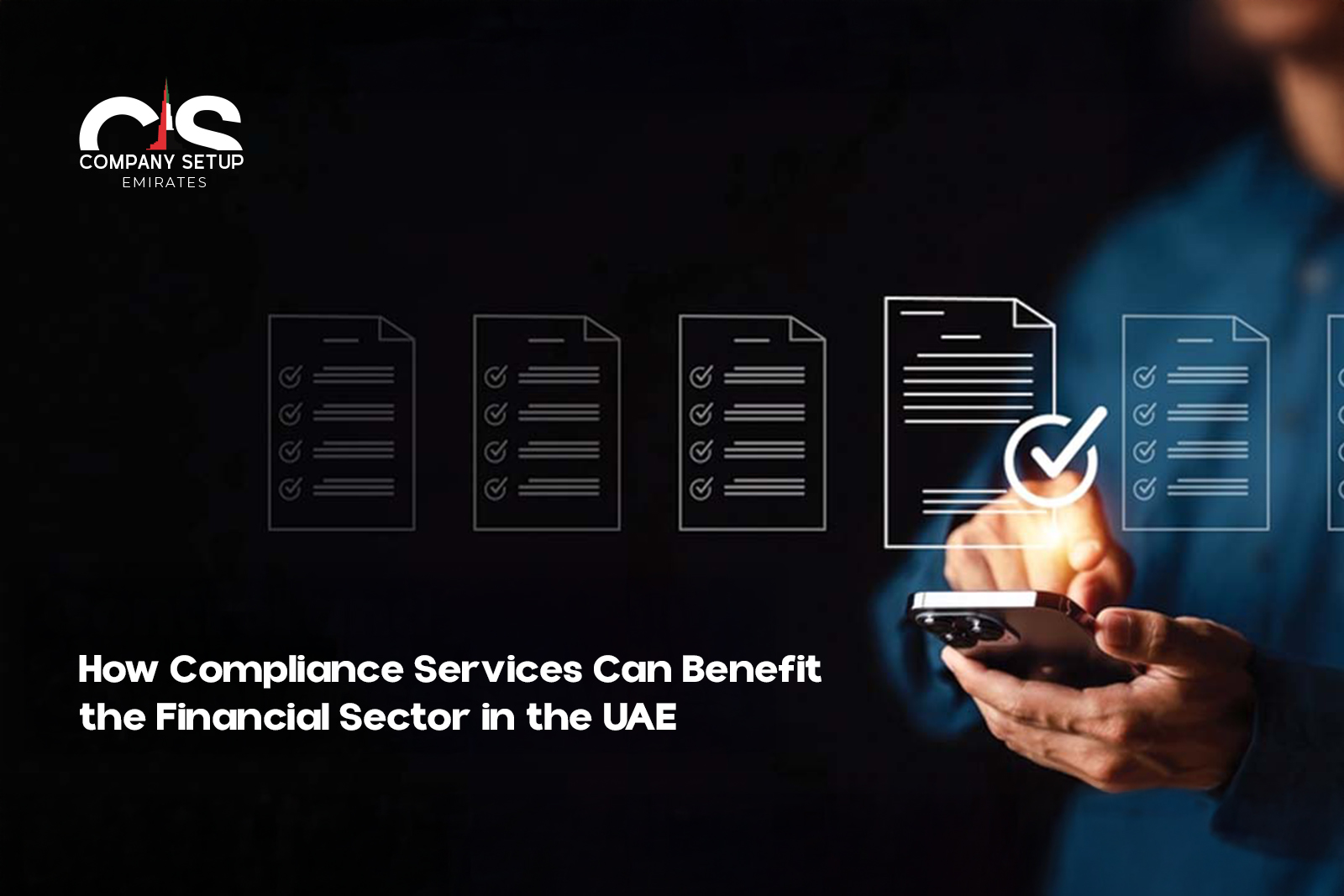Dubai, known for its modern infrastructure and business-friendly environment, offers an ideal setting for entrepreneurs, making the checklist for setting up Dubai business a crucial guide for anyone looking to establish their company in this thriving hub. Dubai, known for its modern infrastructure, business-friendly environment, and strategic location, has become a global hub for entrepreneurs and businesses.

Checklist for Setting Up Dubai Business
1. Decide on the Type of Business
Before diving into the setup process, the first step in the checklist for setting up Dubai business is to determine the right business structure. Dubai offers multiple business types, and your choice will impact everything from the ownership model to operational flexibility. The most common structures are:
- Free Zone Business: This option is great for foreign entrepreneurs because it allows for 100% foreign ownership. Free zones are special economic areas in Dubai that offer numerous advantages, including no import/export duties, tax exemptions, and streamlined business setup procedures.
Mainland Business: Mainland businesses can operate directly in the UAE market, allowing you to trade with local clients and other businesses in the UAE. You will need a local sponsor who holds 51% of the business ownership unless your business qualifies for a 100% foreign ownership model introduced for certain sectors.
2. Select a Business Activity
Dubai is home to a wide range of industries, and selecting a business activity is crucial in shaping the direction of your company. The activity you choose determines the type of license you need and the specific regulatory requirements. Here’s a breakdown of the main types of business activities available in Dubai:
Commercial Activities: If you intend to trade goods, such as electronics, clothing, or automotive, this is the license for you.
Industrial Activities: For businesses involved in manufacturing, production, or construction, this license allows you to set up factories or industrial operations.
3. Choose a Company Name
Your company’s name is a vital element of its brand identity, and it must comply with Dubai’s strict naming conventions. Your business name should be:
Unique: The name must be distinct and not similar to existing business names.
Appropriate: Offensive language, references to political parties, or religious terms are prohibited.
Reflective of Business Activity: Your company name should ideally reflect the nature of your business and its activities.
4. Obtain a Trade License
A trade license is essential for operating any business in Dubai. It serves as an official document that authorizes your company to legally conduct business activities. The type of license you need depends on your business structure and the activities you plan to engage in. Common license types include:
- Commercial License: For businesses involved in trading and selling goods.
- Professional License: For service-based companies offering consultancy, marketing, legal, or IT services.
5. Register with the Authorities
After obtaining your trade license, you will need to register your business with the appropriate authorities. The registration process varies depending on your business type and location. For mainland businesses, registration is done with the Dubai Economic Department (DED), while free zone businesses need to work with the relevant free zone authority.
6. Secure Office Space
Whether you opt for a mainland or free zone business setup, securing office space is a fundamental step in the process. For free zone businesses, you may have access to shared offices, flexi-desks, or virtual office solutions. Mainland businesses, however, are required to have a physical office in Dubai to satisfy local regulations.
7. Hire Employees
Hiring employees is an essential part of setting up your business in Dubai. The UAE’s labor laws require businesses to follow specific procedures when hiring, including applying for work visas and employment contracts. Additionally, businesses need to:
- Comply with labor laws: Dubai has well-defined laws regarding working hours, holidays, salaries, and employee benefits, so it’s crucial to stay compliant.
- Register with the Ministry of Human Resources and Emiratisation (MOHRE): For businesses with employees, you must register with MOHRE and provide a contract outlining work terms.
8. Open a Corporate Bank Account
Once your business is legally established, you’ll need to open a corporate bank account to manage business transactions. Dubai offers a variety of banking options, with major banks including Emirates NBD, Dubai Islamic Bank, and Abu Dhabi Commercial Bank. Opening a corporate account requires:
- A valid trade license
- Proof of company registration
- Passport copies of company directors and stakeholders
Make sure to compare the bank services, fees, and account features before choosing a bank to meet your business needs.
9. Get Your Visas and Permits
As a business owner, you will need the necessary visas to operate legally in Dubai. Depending on your role and business structure, you will require an investor visa for yourself and an employee visa for your staff. Some key visas available include:
- Investor Visa: For business owners and shareholders.
- Employee Visa: For hiring staff from outside the UAE.
- Dependent Visa: To sponsor family members.
10. Set Up Your Accounting and Tax Systems
Though Dubai offers significant tax benefits (such as no income tax for most businesses), it’s essential to set up an effective accounting system to maintain financial records, track expenses, and meet compliance requirements. Consider hiring a qualified accountant who can help you:
- Monitor business finances: Keep track of your expenses, income, and financial statements.
- File taxes: Even though most businesses are exempt from taxes, certain industries (such as oil and banking) are subject to taxation.
Frequently Asked Questions (FAQ)
Q: What is the checklist for setting up Dubai business?
A: The checklist for setting up Dubai business includes steps like deciding on the business type, selecting the appropriate business activity, choosing a company name, obtaining the necessary licenses, registering with authorities, securing office space, hiring employees, opening a corporate bank account, and ensuring all visas and permits are in place.
Q: How long does it take to set up a business in Dubai?
A: Typically, setting up a business in Dubai takes around 1-4 weeks, depending on the type of business, paperwork involved, and where you are setting up (mainland or free zone).
Q: Do I need a UAE partner for a mainland business?
A: Yes, mainland businesses generally require a local sponsor who holds at least 51% of the business ownership. However, this rule has been relaxed for certain sectors, allowing for 100% foreign ownership.
Conclusion
Setting up a business in Dubai is a promising venture that offers countless opportunities for growth and success. By following this comprehensive checklist for setting up Dubai business, you ensure that every necessary step is covered, from deciding on the business structure to obtaining the right licenses and setting up your office. Dubai’s dynamic market, tax advantages, and infrastructure make it an ideal location for entrepreneurs looking to thrive in a global business hub. By staying informed, compliant, and prepared, your Dubai business journey can be highly successful.






